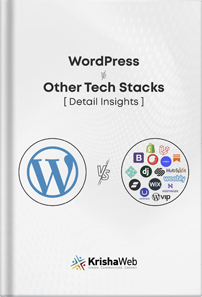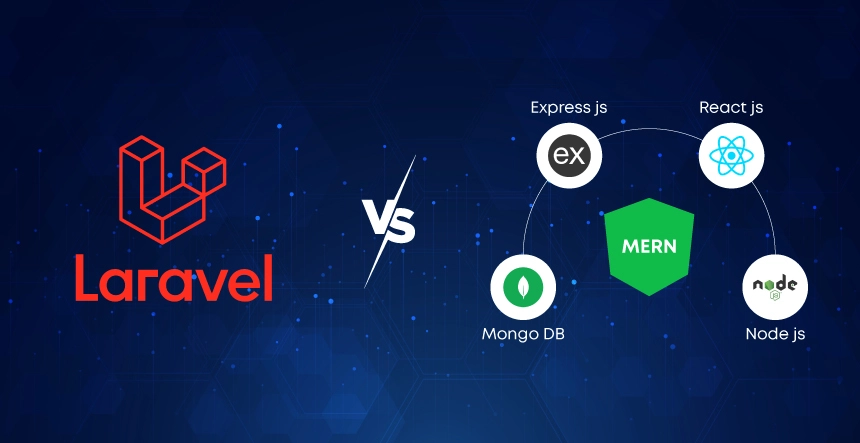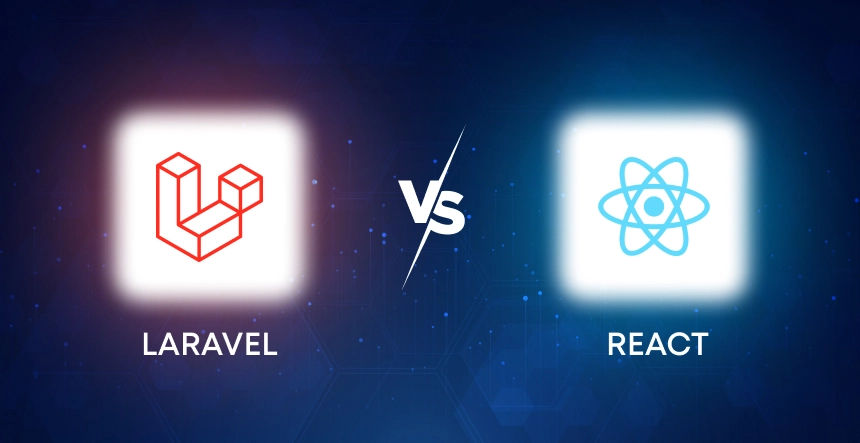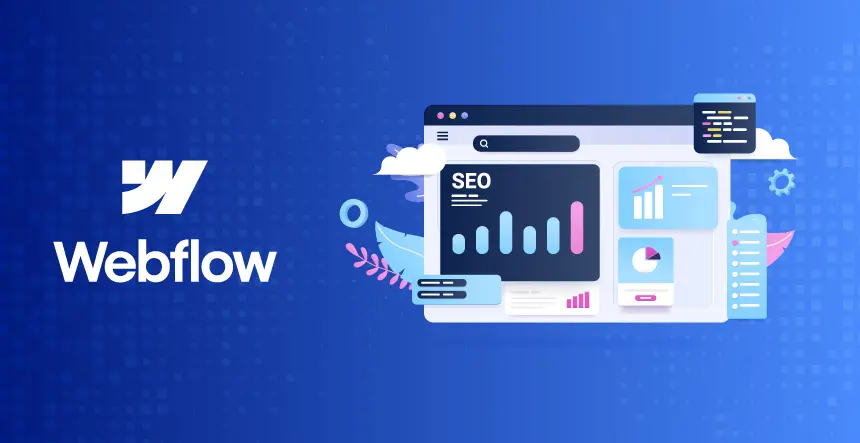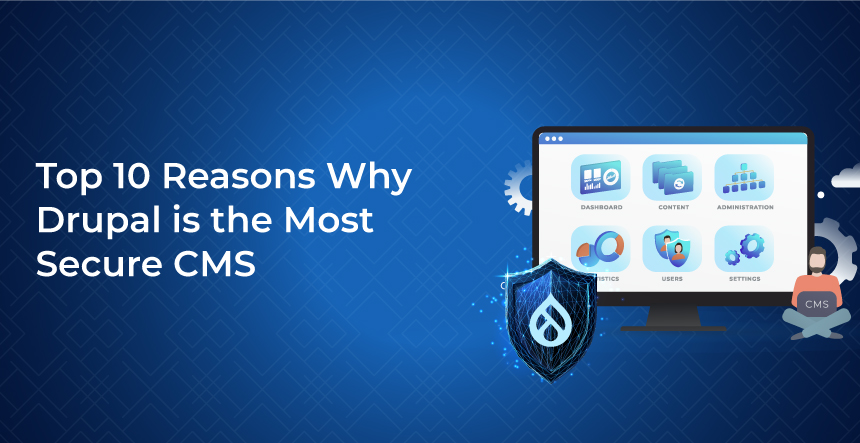
As you all know, we live In the realm of Content Management Systems (CMS) that power your website with various types of digital content assets. And to protect the websites, security is a critical consideration. With the increasing number of cyber threats and data breaches, website owners and developers must prioritize the security of their digital assets. Here we discuss the Open-Source CMS Development platforms for example – WordPress, Drupal, Joomla, etc. Among the various Open-Source CMS options available, Drupal stands out as one of the most secure choices. Want to know WHY? Keep on reading…
In this article, we will explore everything about Drupal and the top 10 reasons why Drupal is the most secure CMS.
Drupal
Drupal is a free and open-source content management system (CMS) written in PHP and distributed under the GNU General Public License. Drupal is a popular choice for building CMS websites and web applications of all sizes, from simple blogs to complex e-commerce platforms.
Drupal is known for its flexibility, security, and scalability. It is a modular system that can be extended with a wide variety of modules and themes. Drupal is also highly secure, thanks to its active community of developers who are constantly working to find and fix security vulnerabilities.
10 Reasons Why Drupal is the Most Secure CMS
1. Active Security Team
Drupal boasts a dedicated and proactive security team that is constantly monitoring and addressing vulnerabilities. The group consists of experienced developers and security experts who work diligently to identify and patch any security loopholes. They follow a well-defined process to ensure that vulnerabilities are reported, analyzed, and resolved promptly. This vigilant approach to security makes Drupal a robust CMS option.
2. Regular Security Updates
Drupal has a robust security release process, ensuring that security updates are released on a regular basis. These updates address any discovered vulnerabilities and provide necessary patches. The Drupal security team is known for its quick response time in issuing security updates whenever a threat is detected. Website owners can easily update their Drupal installations with these security releases to ensure their websites remain secure.
3. Engaging Community
Drupal has a large and vibrant community that actively contributes to its security. With a worldwide community of developers and experts, Drupal benefits from a collaborative approach to safety. The code is thoroughly reviewed and audited by a wide range of community members, which helps identify and fix any potential security weaknesses. This community-driven auditing process strengthens Drupal’s security posture.
4. Secure Coding Standards
Drupal follows stringent coding standards that prioritize security. These coding practices emphasize measures such as input validation, output sanitization, and protection against common vulnerabilities like cross-site scripting (XSS) and SQL injection. By adhering to these coding standards, Drupal minimizes the risk of introducing security vulnerabilities during the development process.
5. Access Control and Permissions
Drupal provides robust access control mechanisms that allow website administrators to define granular permissions for different user roles. This enables organizations to restrict access to sensitive information and functionalities, minimizing the risk of unauthorized access. With Drupal, administrators have fine-grained control over who can view, edit, or publish content, ensuring the integrity and security of the website.
6. Security-focused Modules
Drupal offers a wide range of contributed modules that enhance security. Modules like “Security Kit,” “Password Policy,” and “Two-factor Authentication” provide additional layers of security to Drupal websites. These modules allow website administrators to implement security best practices and enforce strong security policies without extensive custom development.
7. Content Security Policies
Drupal makes it easy to implement Content Security Policies (CSP) to mitigate the risks associated with cross-site scripting (XSS) attacks. CSP allows website owners to define a set of rules that specify which resources can be loaded and executed on their website. By configuring CSP, administrators can significantly reduce the chances of XSS attacks, making Drupal websites more secure.
8. Robust User Password Handling
Drupal handles user passwords securely by using advanced hashing algorithms and salting techniques. Passwords are stored as hashes, making them unreadable even if the website’s database is compromised. Additionally, Drupal enforces password strength requirements and provides password policy modules to help administrators enforce strong password practices.
9. Security-focused Hosting
Drupal’s security extends beyond the CMS itself. Various hosting providers offer specialized Drupal hosting solutions that include additional security features. These hosting platforms are optimized for Drupal’s requirements and implement measures like regular backups, server-level firewalls, intrusion detection systems, and malware scanning. Choosing a secure hosting provider further enhances the overall security of Drupal websites.
10. Bug Bounty Program
To encourage security researchers and hackers to responsibly report vulnerabilities, Drupal maintains a bug bounty program. This program rewards individuals who discover and report security issues in Drupal’s core and contributed.
Some popular examples of websites that use Drupal
Final Thoughts
Overall, Drupal’s commitment to security, coupled with its active community, comprehensive features, and focus on best practices, solidifies its position as the most secure CMS. Choosing Drupal provides website owners with the peace of mind that their online presence is built on a foundation that prioritizes security and actively protects against emerging threats. As a business owner, you must consider security as a primary parameter for your business website and hence you will need the right tech partner that can fulfil all your project requirements.
In that case, KrishaWeb is the right choice for your next Drupal Development website. Don’t wait for a moment, just feel free to connect with our team of Drupal CMS Experts. We are always happy to guide you to the best feasible business solutions.
Girish Panchal
Technical ArchitectA Technical Architect, proficient in WordPress, Drupal, Laravel, and DevOps tasks, crafts robust IT solutions with a blend of expertise and versatility in web development and infrastructure management.




